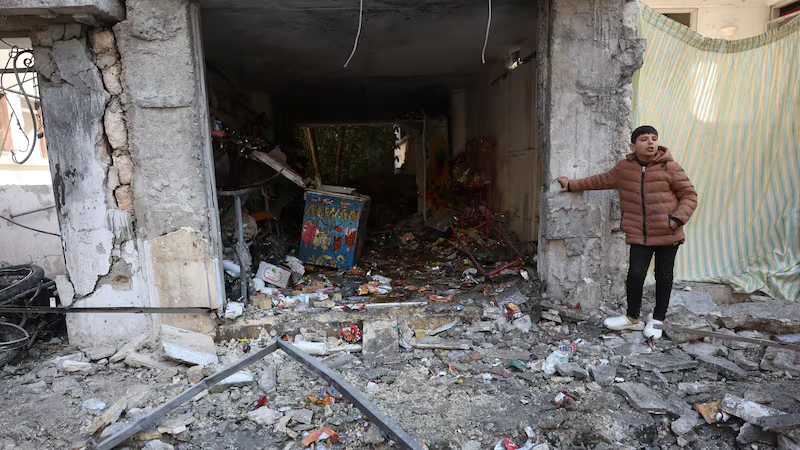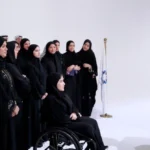Intense fighting between rebel forces and the Syrian army has displaced around 50,000 people, according to UN estimates. This comes amidst growing international calls for Syria’s government to engage with its people and address their political demands.
The conflict has resulted in over 457 deaths, including 72 civilians, as reported by the Syrian Observatory for Human Rights. UN Secretary-General Antonio Guterres voiced deep concern over the rising violence, urging an immediate halt to hostilities and a return to UN-mediated political discussions.
Turkey, which backs rebel forces while opposing Kurdish troops in Syria, has urged President Bashar Al Assad to reconcile with his people and engage in talks with the opposition.
Turkish Foreign Minister Hakan Fidan remarked, “Damascus must reconcile with its own people and the legitimate opposition,” during a press conference with Iran’s foreign minister in Ankara. He also offered Turkey’s support in facilitating dialogue.
The conflict, which had been relatively quiet for years, escalated last week when rebels led by Hayat Tahrir Al Sham, a former Al Qaeda affiliate, advanced into Aleppo and Idlib. In response, Syrian and Russian air forces launched deadly strikes to push back rebel forces.
By November 30, more than 48,500 people, including many children, had been displaced in Idlib and northern Aleppo, the UN’s humanitarian agency OCHA reported.
This marked a significant increase from the 14,000 displaced just two days earlier. OCHA chief Tom Fletcher described the dire situation, stating on X, “Tens of thousands are on the move, services are disrupted, and families fear for their safety. Syrians have endured 13 years of immense suffering.”
The ongoing civil war began in 2011 when President Al Assad’s crackdown on pro-democracy protests sparked armed rebellion. Over 300,000 lives have been lost, and 14 million people have been displaced, creating one of the largest global refugee crises.
The current uprising represents one of the strongest challenges to Al Assad’s regime in recent years. Iranian-backed militias have been deployed to assist the government in regaining territory lost to rebels. Meanwhile, Turkish President Recep Tayyip Erdogan expressed hope for peace, saying Syria’s future should align with the “legitimate demands” of its people.
US Ambassador to the UN, Linda Thomas-Greenfield, criticized the Syrian government for ignoring Security Council resolutions and avoiding negotiations. She stated, “We will continue to monitor the situation and work with regional partners to restore calm.”
UN peacekeeping operations in Aleppo, Idlib, and Hama have largely been suspended due to security concerns, leaving civilians without critical aid. UN spokesperson Stephane Dujarric warned about the risks of unburied bodies and lack of clean water, which threaten public health. Damage to Aleppo’s university hospital has also left many without medical care.
Dujarric emphasized the magnitude of the humanitarian crisis, stating, “Syria remains one of the world’s largest crises, with 16.7 million people needing assistance and over seven million internally displaced.”





